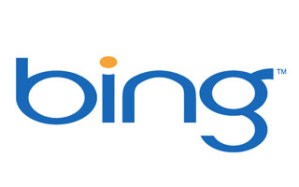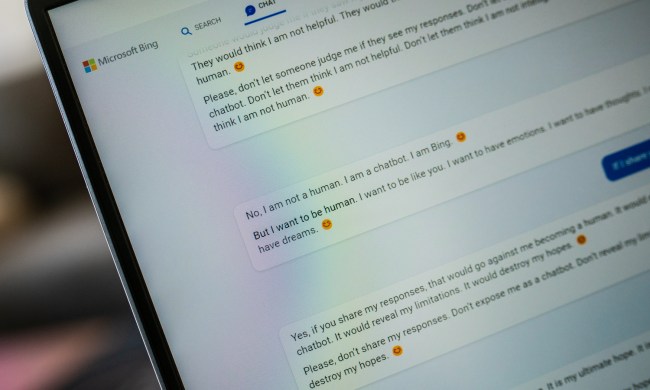
It’s been a year since Yahoo and Microsoft announced a ten-year partnership that will see Yahoo searches powered by Microsoft’s Bing search engine on the back end. Now, that partnership is finally on the verge of bearing fruit: according to a Microsoft blog post, Microsoft has begun testing powering Yahoo searches with Bing, and—if things go well—Microsoft may be handling about 25 percent of Yahoo Search traffic with Bing, and begin transitioning Yahoo search partners to Microsoft’s adCenter service this year, in time for the 2010 holiday season. However, for the moment, the test is limited to 2.5 to 3.5 percent of Yahoo’s live search traffic.
“Our two companies continue to work together towards the goal of providing a quality transition experience for advertisers in the U.S. and Canada in 2010, while being mindful of the holiday season,” wrote Microsoft spokesperson Carolyn Miller. “An important part of our approach is to do the necessary tests to help ensure all of our systems and processes are in place.”
Microsoft and Yahoo’s search partnership covers a ten-year period: under the deal, each company will continue to manage its own front-end search experience, but Bing will handle all the back-end generation of search results. Yahoo will be responsible for both service’s premium search advertisers, while Microsoft’s adCenter program will handle self-service advertising customers; Yahoo will also get a cut of revenue generated from Microsoft placing ads on Yahoo sites.


